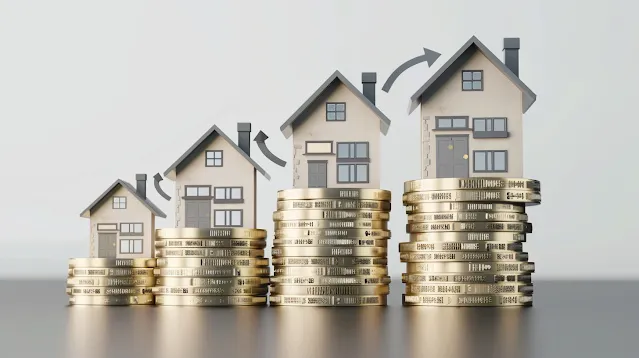The South Korean real estate market is set for a dynamic year in 2024, marked by significant changes and emerging trends. With a focus on residential and commercial sectors, the market is influenced by various factors such as government policies, urbanization, technological advancements, and economic conditions. This article delves into the latest updates and provides insights into the evolving landscape of South Korea's real estate market.
The South Korean real estate market is poised for growth in 2024, despite facing challenges such as high interest rates and economic uncertainties. The residential real estate sector, particularly in urban areas like Seoul, continues to experience high demand. The government’s initiatives to increase housing supply and support redevelopment projects are crucial drivers in stabilizing the market.
In 2024, the market size is expected to reach USD 345.19 billion, growing at a significant compound annual growth rate (CAGR) driven by increasing housing demand and urbanization. The commercial sector is also witnessing growth, with a notable increase in office space rentals in Seoul and surrounding regions.
Government Policies and Initiatives
The South Korean government has been proactive in addressing housing shortages and affordability issues. In January 2021, the government announced plans to build 830,000 housing units nationwide, including 320,000 units in Seoul. These efforts are aimed at curbing rising housing prices and providing more affordable housing options, especially for young people and low-income households.
Additionally, the introduction of green building certification systems like the Green Standard for Energy and Environmental Design (G-SEED) is promoting sustainable development in the housing sector.
Technological Advancements and Market Adaptations
Technology is playing a transformative role in the real estate market. The rise of online platforms for property transactions has made the process more convenient and accessible. Virtual property tours, digital transactions, and enhanced communication between buyers, sellers, and agents are some of the key benefits of this shift. However, offline transactions still hold significant importance due to the trust and authenticity they offer.
Expert Insights and Analysis
Experts predict a mixed outlook for South Korea's real estate market in 2024. While residential real estate remains robust, the commercial sector may face challenges due to high interest rates and economic volatility. According to Jinwoo Jung from Cushman & Wakefield, the rental prices for office spaces in Seoul are expected to stabilize, but the demand for premium office locations will remain high.
Statistical Highlights
- Market Size: Expected to reach USD 345.19 billion in 2024.
- Growth Rate: Projected CAGR of 13.07% from 2024 to 2029.
- Office Rental Prices: In Q3 2021, the rental prices in Seoul were approximately KRW 22,400 per sq.m.
Challenges and Opportunities
The primary challenge facing the South Korean real estate market is the high interest rate environment, which affects borrowing costs and overall market liquidity. However, opportunities arise from government policies aimed at increasing housing supply and supporting redevelopment projects. Moreover, the ongoing urbanization trend provides a steady demand for residential properties in major cities.
Conclusion
As South Korea navigates through economic shifts and policy changes, the real estate market in 2024 presents a landscape of both challenges and opportunities. Stakeholders, including investors, homeowners, and policymakers, must stay informed and adaptable to leverage the potential growth in this evolving market.

